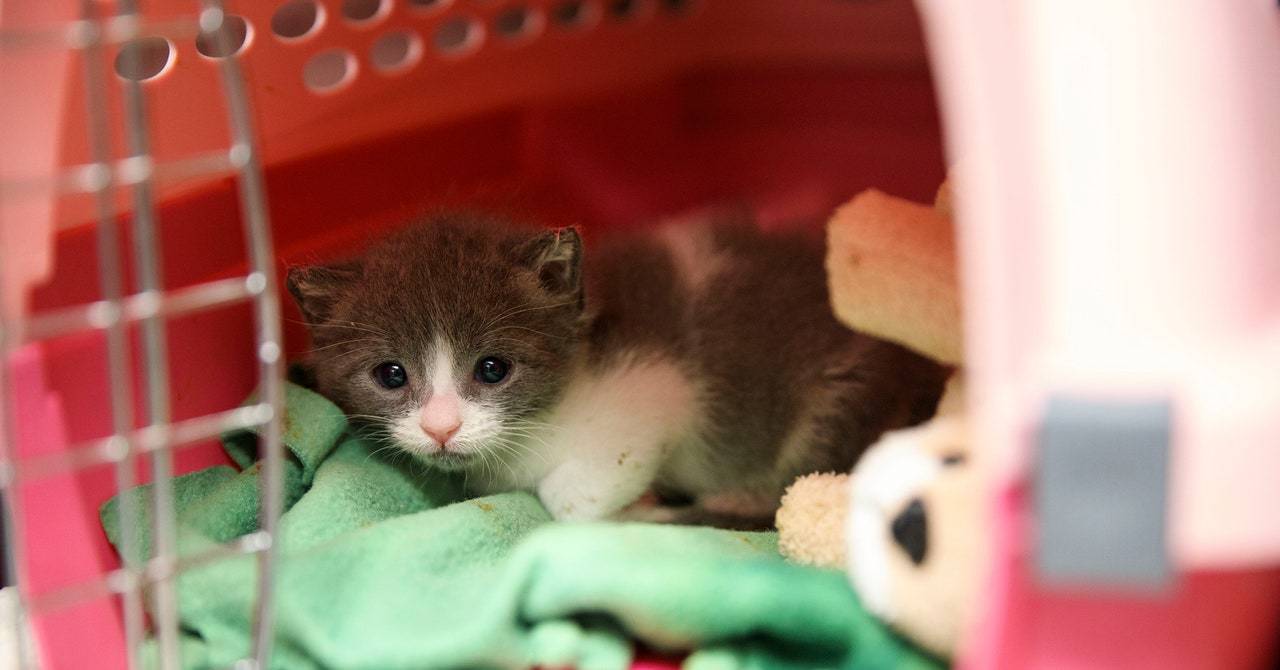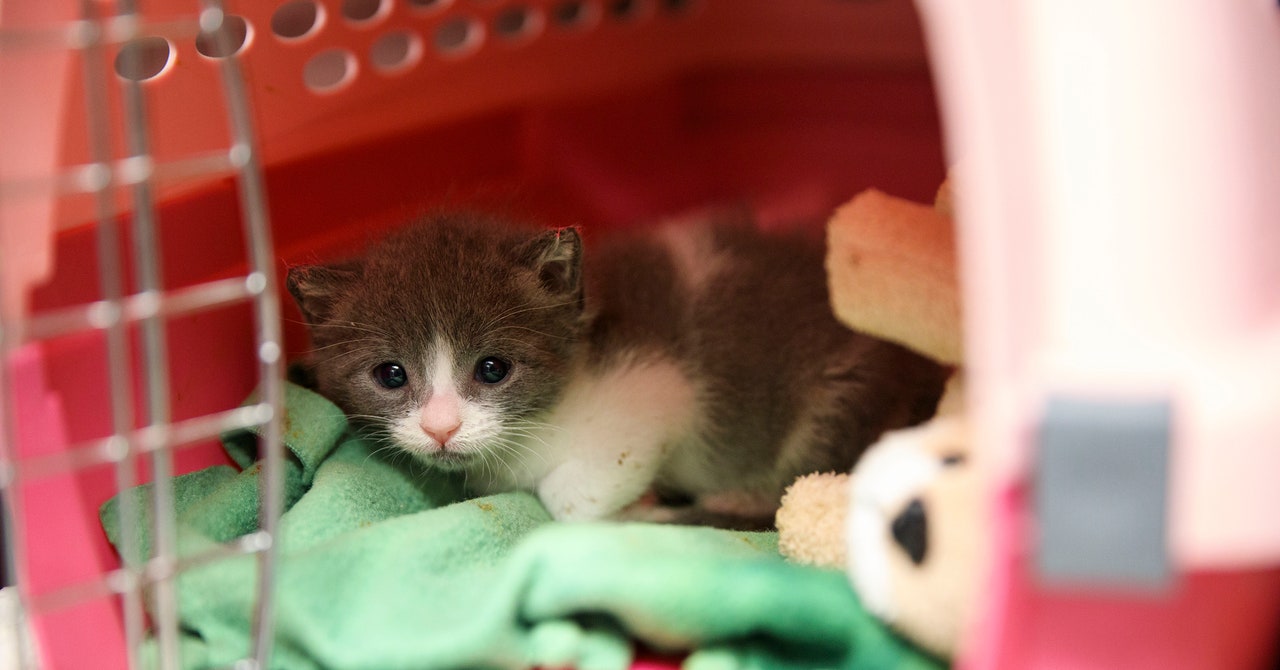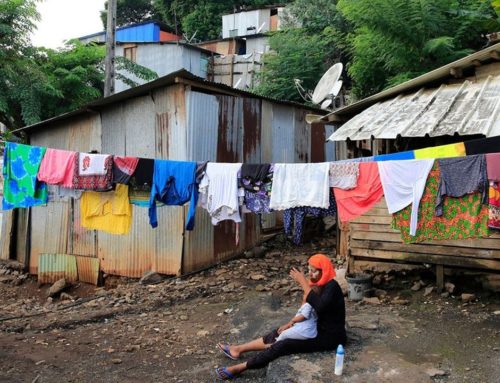 Across the United States, summer is the height of “kitten season,” typically defined as the warm-weather months between spring and fall during which a cat becomes most fertile. For over a decade, animal shelters across the country have noted kitten season starting earlier and lasting longer. Some experts say the effects of climate change, such as milder winters and an earlier start to spring, may be to blame for the uptick in feline birth rates.
Across the United States, summer is the height of “kitten season,” typically defined as the warm-weather months between spring and fall during which a cat becomes most fertile. For over a decade, animal shelters across the country have noted kitten season starting earlier and lasting longer. Some experts say the effects of climate change, such as milder winters and an earlier start to spring, may be to blame for the uptick in feline birth rates.
This past February, Dunn’s shelter held a clinic for spaying and neutering outdoor cats. Although kitten season in Northern California doesn’t typically kick off until May, organizers found that over half of the female cats were already pregnant. “It’s terrifying,” Dunn said. “It just keeps getting earlier and going later.”
Cats reproduce when females begin estrus, more commonly known as “going into heat,” during which hormones and behavior changes signal she’s ready to mate. Cats can go into heat several times a year, with each cycle lasting up to two weeks. But births typically go up between the months of April and October. While it’s well established that lengthening daylight triggers a cat’s estrus, the effect of rising temperatures on kitten season isn’t yet understood.
One theory is that milder winters may mean cats have the resources to begin mating sooner. “No animal is going to breed unless they can survive,” said Christopher Lepczyk, an ecologist at Auburn University and prominent researcher of free-ranging cats. Outdoor cats’ food supply may also be increasing, as some prey, such as small rodents, may have population booms in warmer weather themselves. Kittens may also be more likely to survive as winters become less harsh. “I would argue that temperature really matters,” he said.
Others, like Peter J. Wolf, a senior strategist at the Best Friends Animal Society, think the increase comes down to visibility rather than anything biological. As the weather warms, Wolf says, people may be getting out more and noticing kittens earlier in the year than before. Then they bring them into shelters, resulting in rescue groups feeling like kitten season is starting earlier.
Lire l’article complet sur : www.wired.com







Leave A Comment